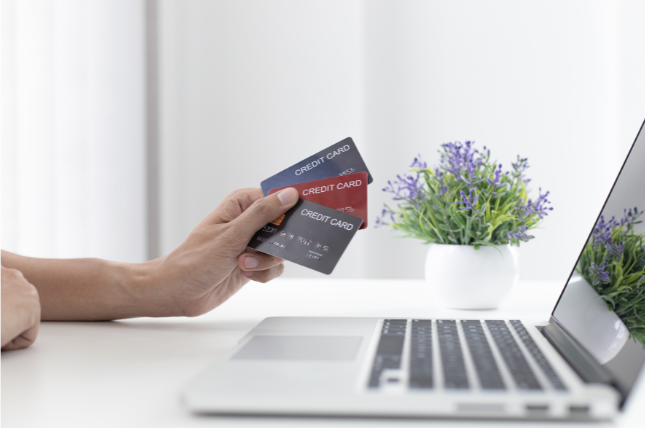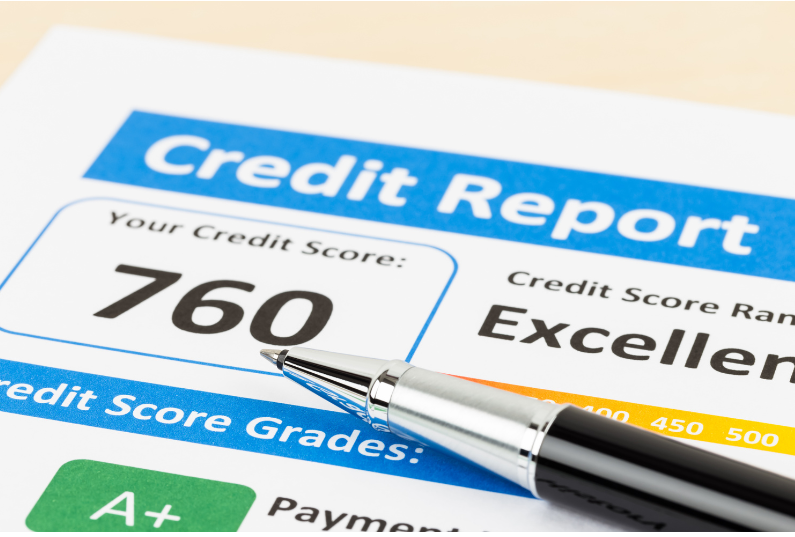How to Use Credit Cards Wisely
Credit cards offer convenience and flexibility but can also lead to debt if not used responsibly. Learning how to use credit cards wisely is essential for maintaining financial health and avoiding costly pitfalls. Here’s how to make the most of your credit cards while staying financially savvy.

1. Create a Budget:
- Your credit history and score determine your eligibility for various financial products such as loans, credit cards, mortgages, and car financing.
- A strong credit profile increases your chances of approval and may result in more favorable terms and lower interest rates.
2. Cost of Borrowing:
- Establish a monthly budget outlining your income and expenses.
- Allocate specific amounts for essential categories such as groceries, utilities, and transportation.
2. Pay Your Balance in Full Each Month:
- Avoid carrying a balance on your credit cards whenever possible.
- Pay your statement balance in full by the due date to avoid interest charges.
3. Monitor Your Spending:
- Keep track of your credit card transactions regularly.
- Review your statements to identify any unauthorized charges or unusual spending patterns.
4. Use Credit Cards for Planned Purchases:
- Use credit cards for planned purchases that align with your budget.
- Avoid using credit cards for impulse buys or unnecessary expenses.
5. Limit the Number of Credit Cards You Have:
- Only open credit card accounts that you need and can manage responsibly.
- Having too many credit cards can lead to overspending and difficulty keeping track of payments.
6. Pay Attention to Interest Rates and Fees:
- Choose credit cards with low interest rates and minimal fees.
- Be aware of annual fees, late payment fees, and cash advance fees, and factor them into your decision-making.
7. Avoid Cash Advances:
- Cash advances often come with high fees and interest rates.
- Use alternative methods such as debit cards or personal loans if you need cash.
8. Be Mindful of Credit Utilization:
- Keep your credit card balances well below your credit limits.
- High credit utilization can negatively impact your credit score.
9. Take Advantage of Rewards and Benefits:
- Choose credit cards that offer rewards or cashback programs that align with your spending habits.
- Maximize rewards by using your credit card for everyday purchases and paying off the balance in full each month.
10. Plan for Large Purchases:
- If you plan to make a large purchase, consider whether you can pay off the balance in full within a reasonable timeframe.
- Avoid financing large purchases on credit cards if you cannot afford to pay them off quickly.
11. Communicate with Your Credit Card Issuer:
- If you encounter financial difficulties, contact your credit card issuer proactively.
- They may offer assistance programs or temporary relief options to help you manage your payments.
12. Review Your Credit Card Terms and Conditions:
- Familiarize yourself with the terms and conditions of your credit card agreement.
- Understand the interest rates, fees, and any applicable rewards or benefits.

Conclusion
Using credit cards wisely involves responsible budgeting, mindful spending, and strategic decision-making. By paying your balance in full each month, monitoring your spending, limiting the number of credit cards you have, and taking advantage of rewards while avoiding high fees and interest charges, you can harness the benefits of credit cards while avoiding potential pitfalls. With careful planning and discipline, credit cards can be valuable financial tools that contribute to your overall financial well-being.






